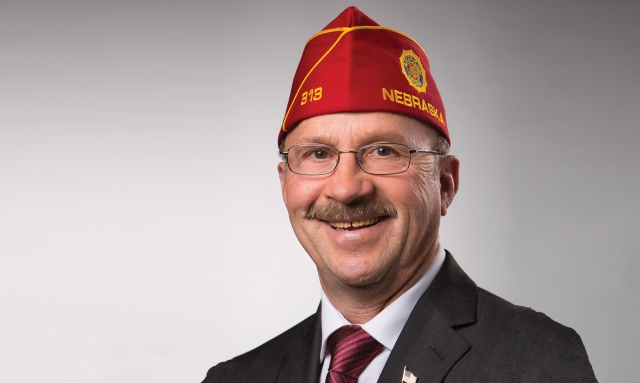
'Veterans cannot suspend death'
As Memorial Day approaches, I take great pride in one of The American Legion’s more recent victories, which restored the burial of veterans in one of our nation’s overseas cemeteries.
This particular cemetery is located on what used to be Clark Air Base in the Philippines. It is the final resting place for more than 8,600 U.S. veterans and dependents, including Philippine Scouts, who fought for the U.S. Army when the country was still an American territory.
Shortly after receiving $5 million from the U.S. government to maintain Clark Veterans Cemetery (CVC), a Philippine government official halted burials there because “guidelines on the maintenance and use of CVC have to first be made.”
Naturally, this did not sit well with veterans, their families or The American Legion.
“Veterans, like other members of any society, cannot suspend death while politicians prepare a restoration plan,” Legionnaire Edward J. Craft wrote to me. “This is not the way to treat a veteran who has given so much for his country.”
Shortly after I received Craft’s letter, our legislative staff contacted Sen. Kelly Ayotte, R-N.H., a key supporter of CVC. She communicated with the Philippine ambassador, and within two weeks the cemetery had resumed burials. Prior to our involvement, the burials were stopped for about four months. Veterans and their families had been given excuses and promises, but little action.
During my visit to the Philippines, Department Commander Gordon G. Grubb told me of a late Vietnam War veteran named John Fortune, whose son, Army Sgt. Maurice Fortune, died in Iraq in 2004. “He is the only Iraq war veteran buried at the cemetery,” Grubb said. “Now his father, a Vietnam veteran, cannot join him. His ashes remain on hold until they settle this thing.”
Righting this wrong was not an option but a directive by the Legion’s founders, who wrote in the preamble to our constitution that we are to “sanctify our comradeship by our devotion to mutual helpfulness.”
Grateful that the cemetery resumed burials, Grubb says the Legion made the difference. And we continue to make a difference as we advocate for the respectful remembrance of more than 218,000 veterans buried in U.S. military cemeteries in 16 foreign countries.
In contrast to the Philippine cemetery’s bureaucratic limbo is the devotion demonstrated on the other side of the world by Madame Simone Renaud, whose work to maintain the gravesites of 15,000 fallen liberators was told in the documentary film and book “Mother of Normandy,” proceeds from which benefit the Legion’s Overseas Graves Decoration Trust Fund.
“In the early morning darkness of June 6, 1944, the wife of Ste. Mère-Église Mayor Alexandre Renaud bore witness to freedom’s salvation,” the book says. “In the days and weeks that followed, as the U.S wounded and dead passed before her eyes, she made a simple vow that would last the rest of her life, and beyond. ‘Never forget.’”
Neither should we.
